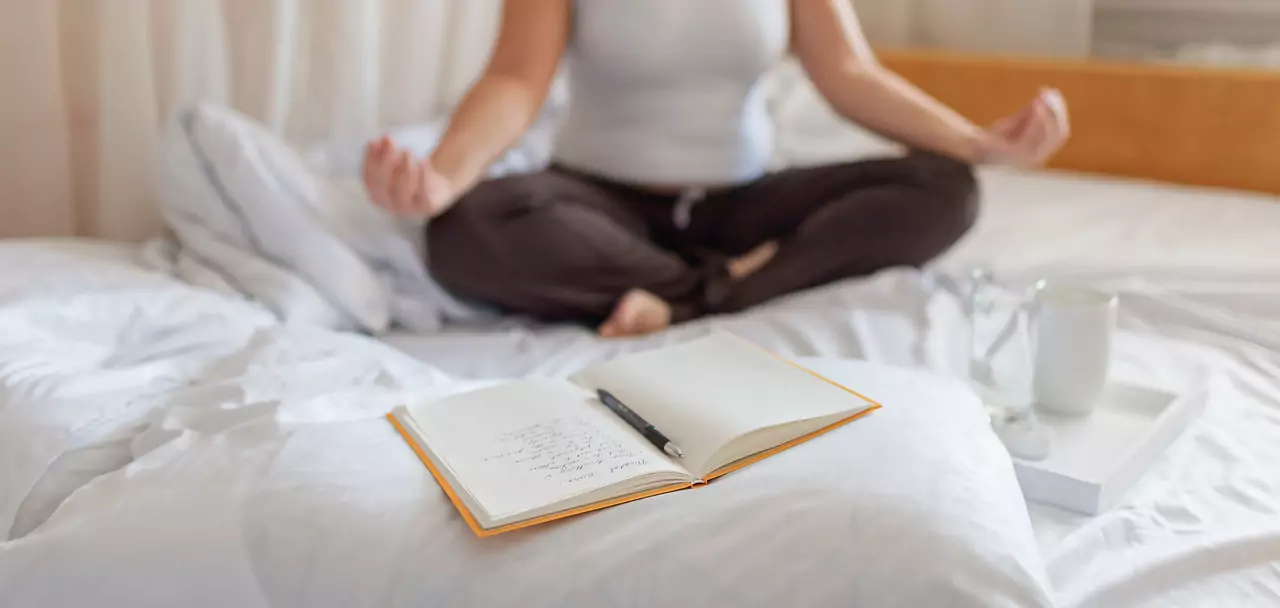Let’s be honest—when you’re dealing with depression, the idea of “self-care” can feel like someone telling you to go climb Mount Everest in flip-flops. You know it’s probably good for you, but just getting out of bed feels like an Olympic event some days. I’ve been there—staring at the ceiling, weighed down by an invisible elephant, wondering how other people have the energy to do things like meal prep or take bubble baths.
But here’s the thing: self-care isn’t all or nothing. It’s not a perfectly curated Instagram aesthetic or some five-hour spa day you don’t have time for. It’s about finding small, realistic ways to show up for yourself when it feels like the hardest thing to do. And spoiler alert: those small things can make a big difference.
So, if you’re struggling to find the motivation to care for yourself while managing depression, this one’s for you—from someone who gets it.
Step 1: Start Stupid Small (Yes, That’s the Official Term)
When you’re in the thick of depression, the idea of “self-care” might feel downright laughable. Exercise? HA. Make a healthy meal? No, thanks. But hear me out—starting stupid small is the key. I’m talking ridiculously small steps that feel doable, no matter how low you’re feeling.
- Can you brush your teeth? Great. That’s a win.
- Can you drink a glass of water? Nailed it.
- Can you get out of bed and sit on the couch instead? You’re crushing it, my friend.
The goal here is to lower the bar so much that even the tiniest effort counts. Because it does. Momentum builds from small actions, even if they seem silly in the moment. So give yourself permission to celebrate the little victories—they matter.
Step 2: Stop Thinking of Self-Care as a To-Do List
Let’s clear this up: self-care isn’t a checklist of chores. I used to think, “Ugh, now I have to meditate, eat a salad, and go for a walk? Who has the energy for that?!” But self-care is about meeting yourself where you are, not forcing yourself into an unrealistic routine.
On tough days, ask yourself:
- What is one thing that would make me feel just a tiny bit better right now?
- What’s something I could do that feels comforting or kind to myself?
Sometimes that might mean taking a nap, binge-watching your favorite show, or sitting outside in the sun for 5 minutes. Other times, it might mean calling a friend, stretching for two minutes, or taking a shower even if you don’t feel like it (because showers are secretly magic).
Self-care is not about perfection—it’s about creating tiny moments of comfort in the chaos.
Step 3: Move Your Body (Without the Pressure)
Okay, okay—I know. Exercise is one of those things everyone says helps with depression, and when you’re low on energy, it can sound downright impossible. But I’m not saying you need to turn into a gym rat or run a marathon. Moving your body can be simple, gentle, and—dare I say—kind of enjoyable?
Here are some ideas for low-pressure movement:
- Put on your favorite playlist and sway, wiggle, or dance for just one song.
- Stretch in bed—nothing fancy, just move however feels good.
- Walk to the mailbox or around the block. Fresh air + movement = instant mood boost (even if you grumble the whole way).
- Try gentle yoga or tai chi videos on YouTube. No experience required.
It doesn’t have to be perfect or Instagram-worthy—it just has to happen. Moving your body, even for a minute, can release feel-good endorphins that help chip away at the heaviness.
Step 4: Create a Low-Energy Self-Care Kit
Picture this: you’re having one of those days. Motivation is at zero, and you can’t even figure out what might help. This is where a low-energy self-care kit comes in. It’s like having a cheat sheet for self-care when your brain can’t think straight.
Here’s how to make one:
- Grab a box, basket, or bag.
- Fill it with things that bring you even the tiniest bit of comfort:
- A cozy blanket or fuzzy socks
- Your favorite tea or a snack you enjoy
- A journal and pen
- A playlist of songs that calm or uplift you
- Your favorite book, podcast, or movie
- Lavender essential oil (seriously, it works)
When you’re feeling overwhelmed, just reach for your kit. Having those things on hand makes self-care easier when you don’t have the mental energy to figure out what you need.
Step 5: Talk to Someone (Even When You Don’t Want To)
This one’s tough, I know. Depression has a sneaky way of convincing you to isolate yourself—but reaching out is one of the best things you can do. It doesn’t have to be a heart-to-heart if you’re not up for that. Even a simple text like, “Hey, just wanted to say hi,” can help you feel less alone.
And if you’re struggling to open up to friends or family, that’s okay too. A therapist or mental health provider can help you navigate depression and build a personalized plan for feeling better. (Shameless plug: that’s what we’re here for at Brighter Days Mental Health and Wellness.)
Final Thoughts: Be Gentle With Yourself
Managing depression isn’t about fixing yourself—because you’re not broken. It’s about learning to care for yourself, even when it feels impossible. Start small. Be kind to yourself. And remember that some days, the most productive thing you can do is survive—and that’s enough.
If you’re ready for support that meets you where you are, we’re here for you. At Brighter Days Mental Health and Wellness, we help you create a plan for healing that works for you.
Because you deserve care, comfort, and brighter days ahead.
Brighter Days Mental Health and Wellness
21455 South Ellsworth Rd, Ste 25, Queen Creek, AZ 85142
Phone: (480) 608-4742
www.brighterdaysmhw.com
Follow us on Instagram: @brighterdaysmhw

